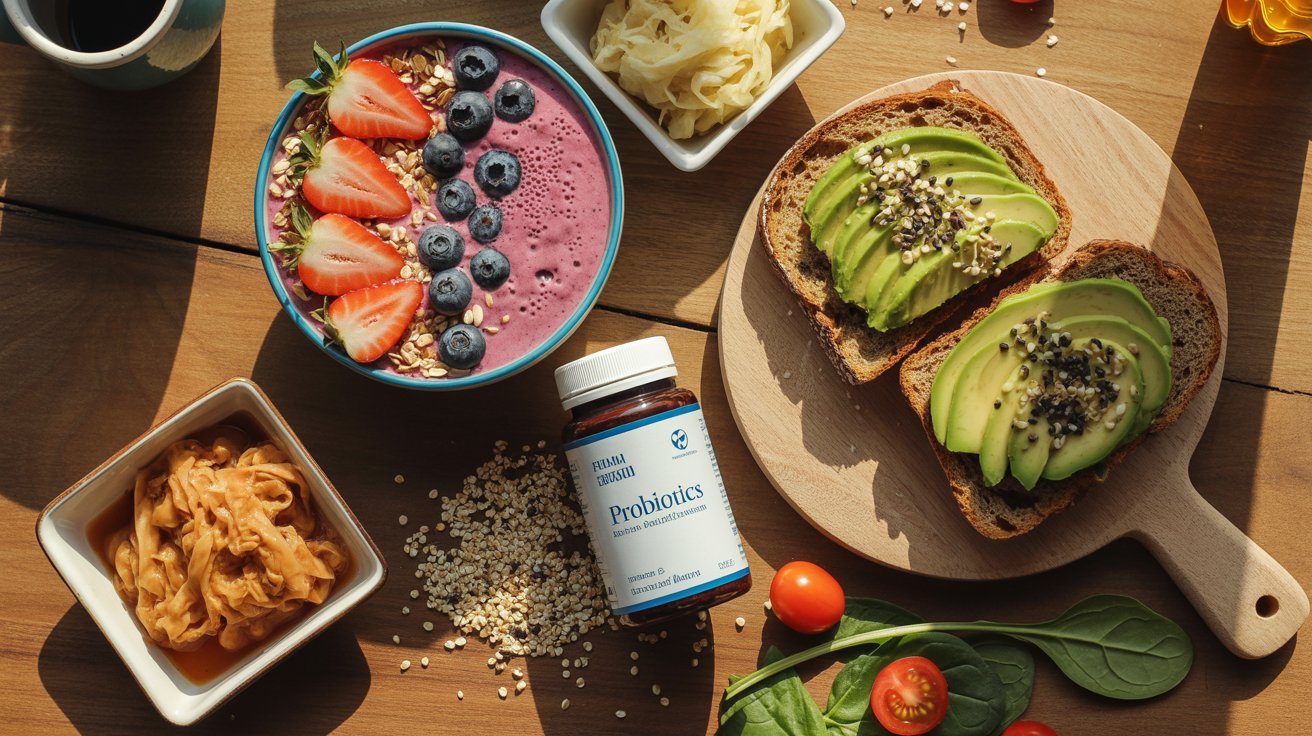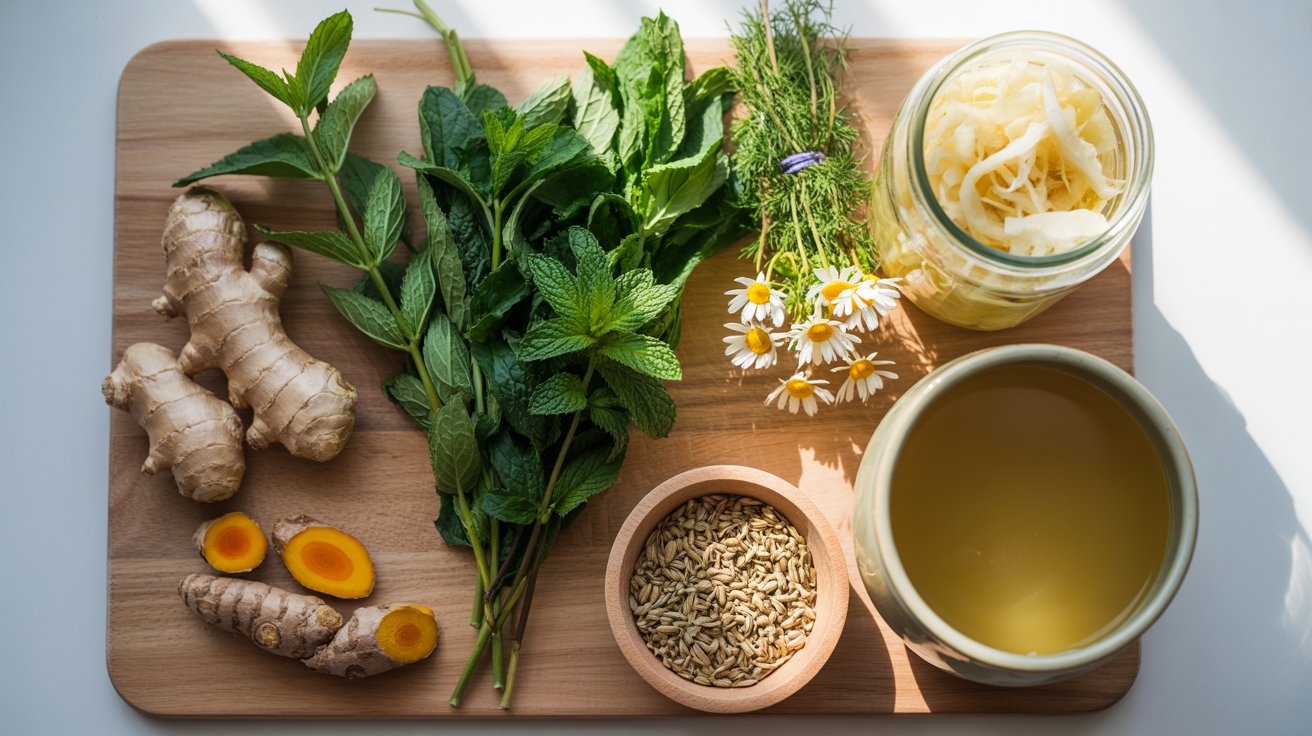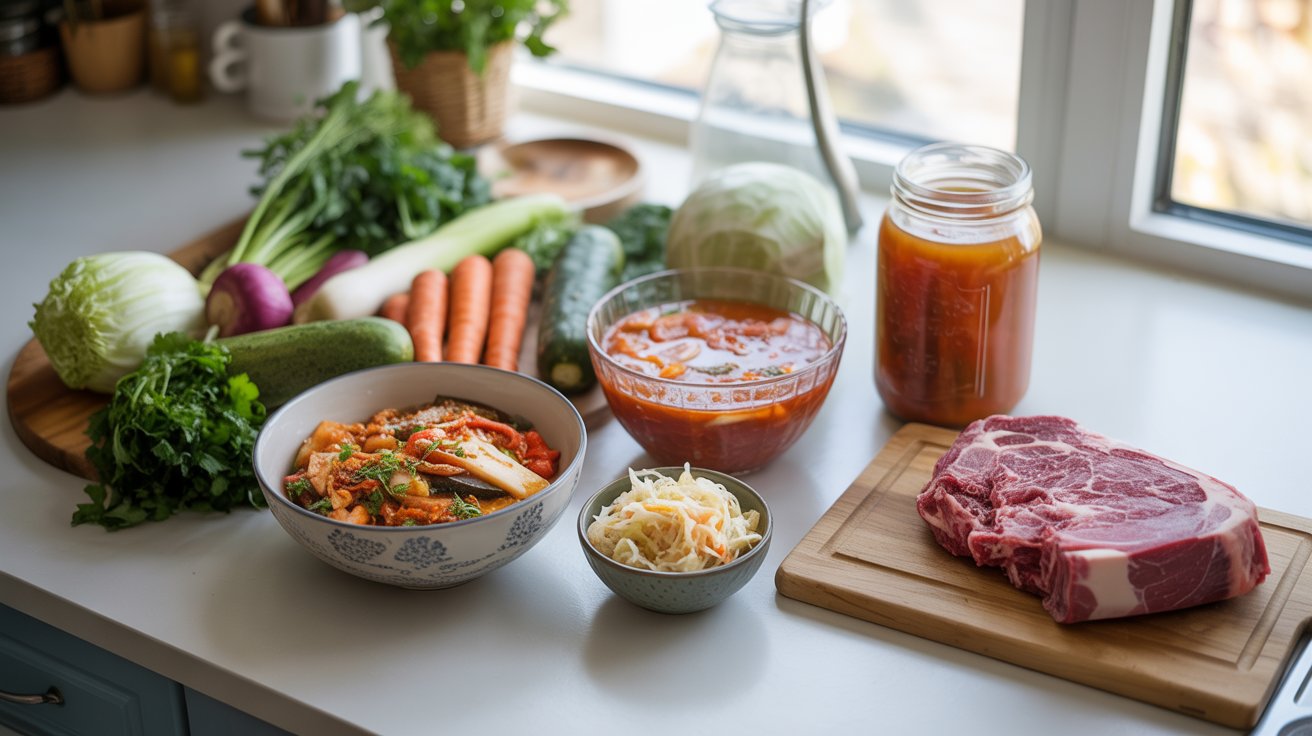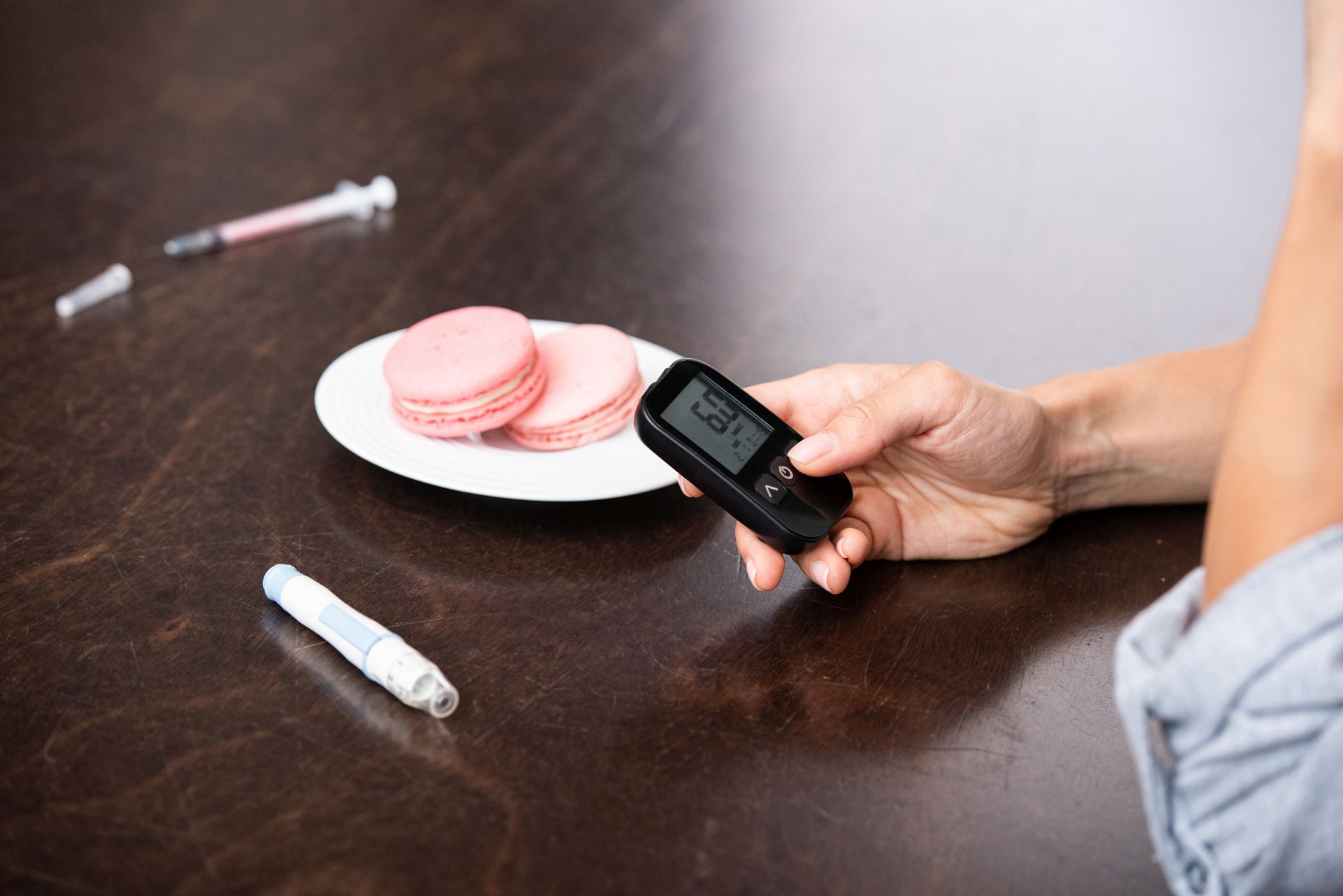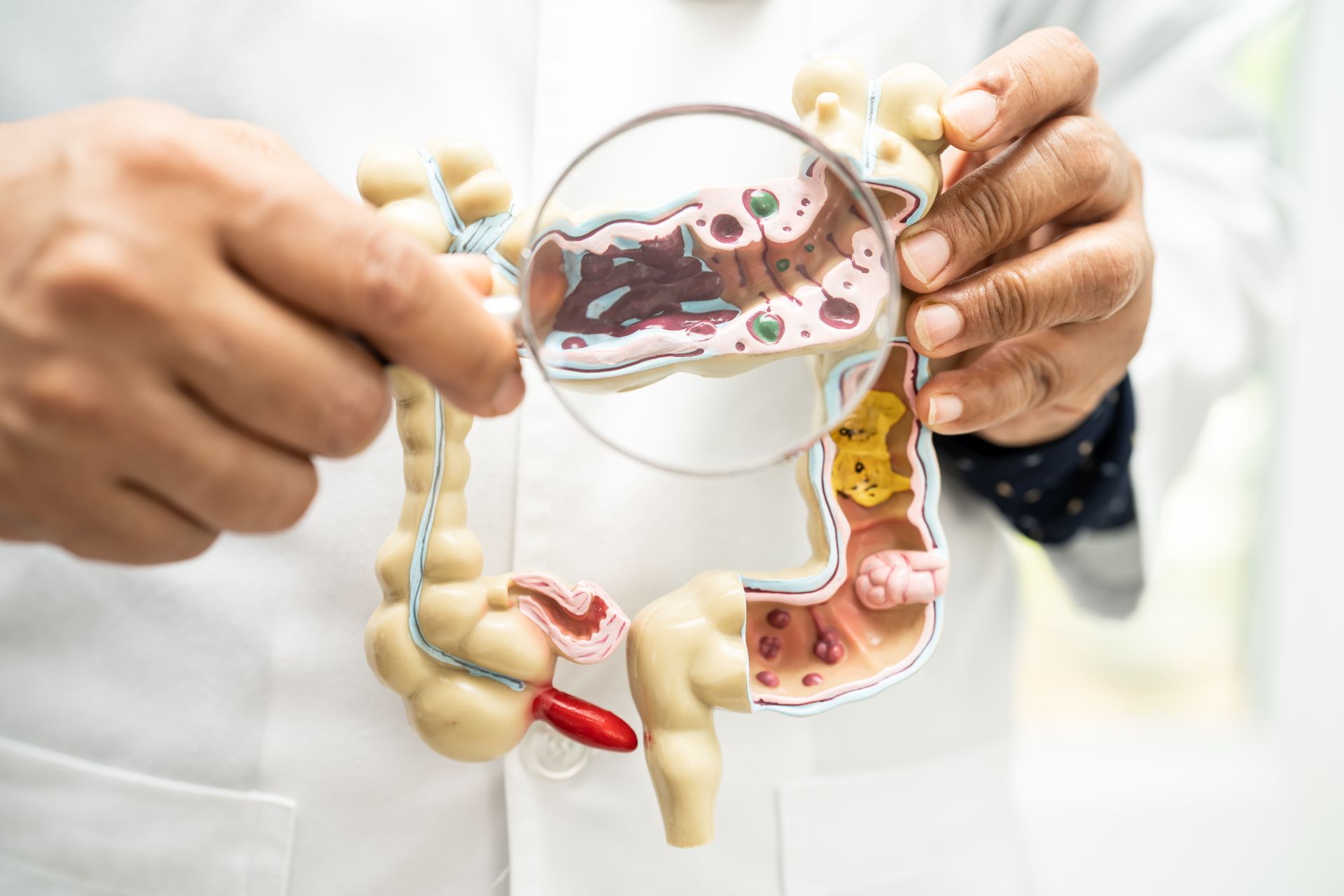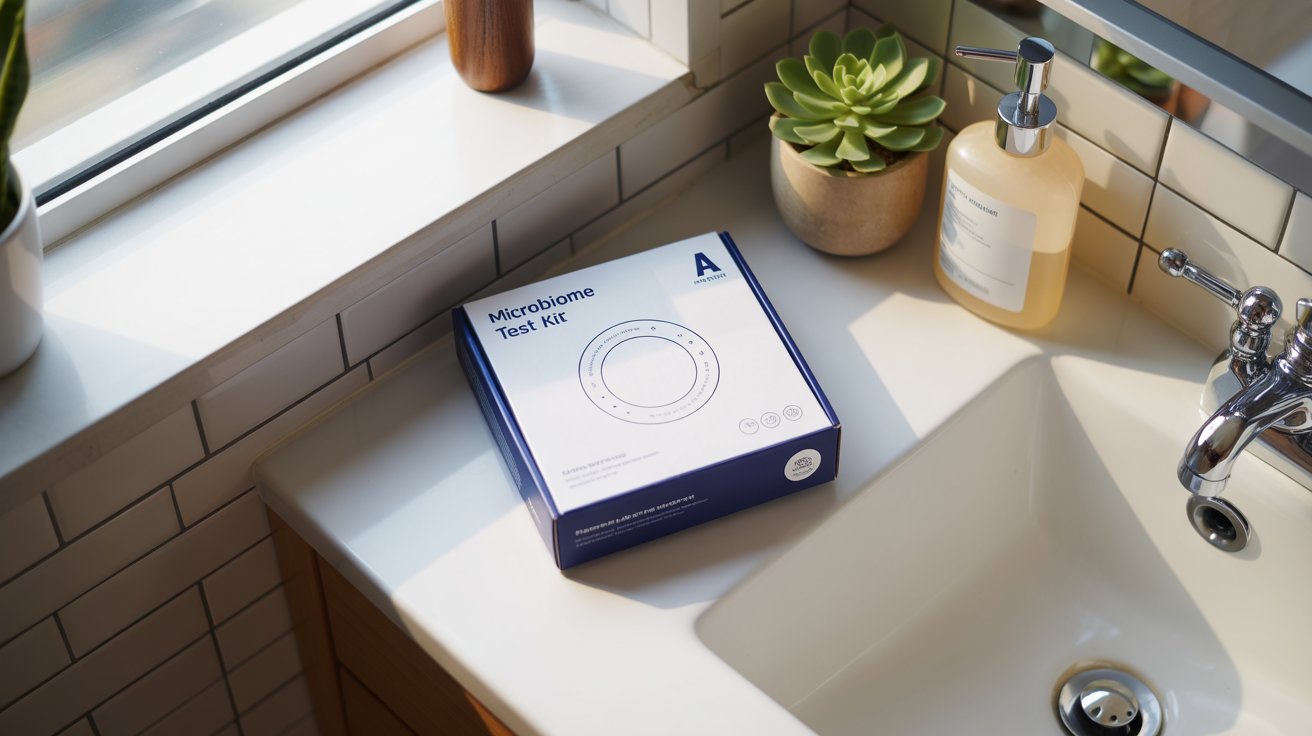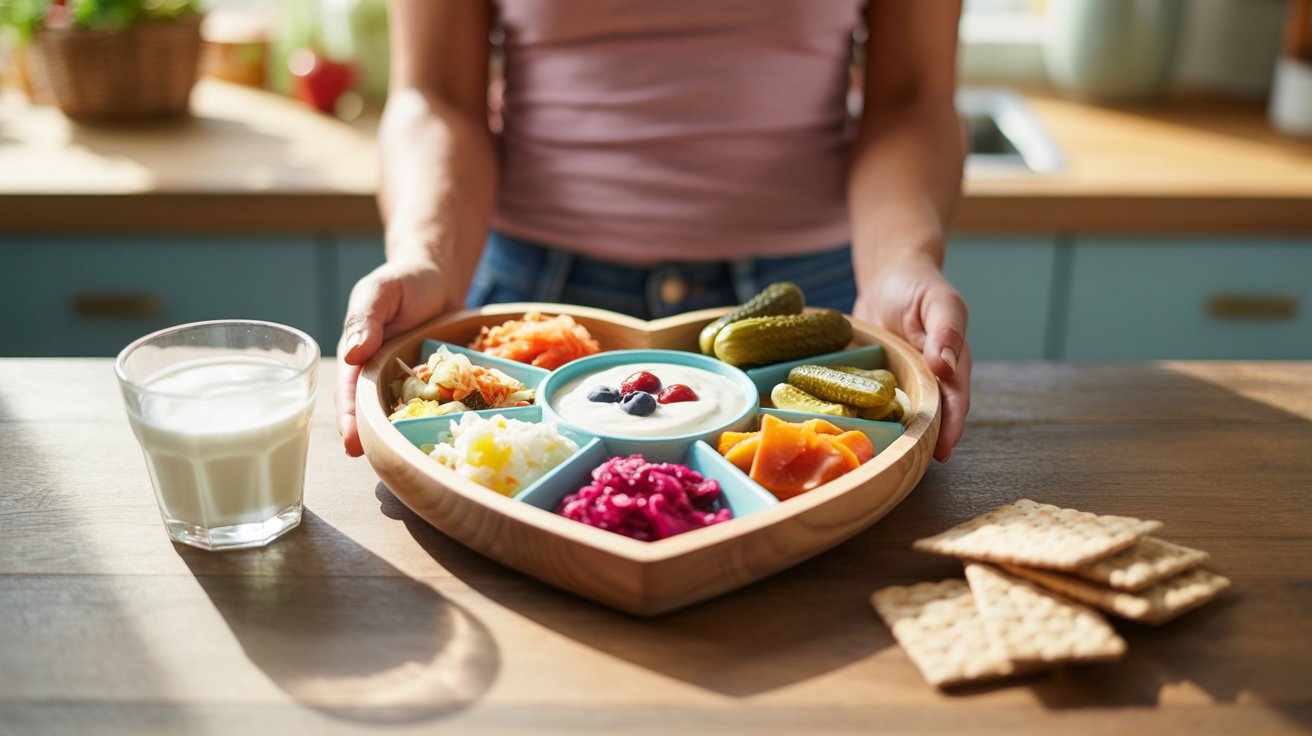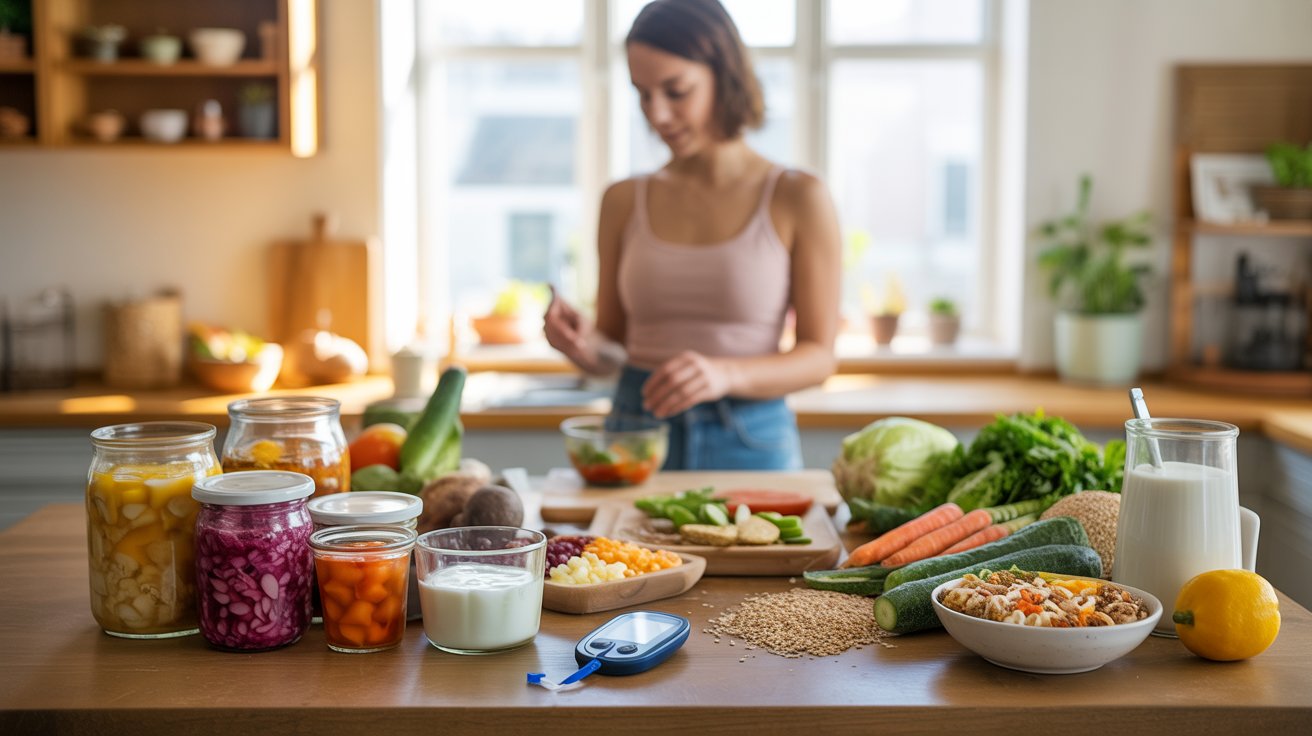Imagine your gut as a bustling metropolis, teeming with microscopic inhabitants that form the core of your personal health community. You’re the mayor of this city, and your decisions directly influence the well-being of its bacterial citizens.
These tiny organisms, known as gut bacteria, are crucial to your digestion, immune system, and mood. By nurturing your microbiome with the right foods and probiotics, you’re not just taking care of yourself but also fostering a thriving ecosystem within.
As you learn to balance these internal allies, you’ll find they’re more than just passengers; they’re partners in your journey toward health.
Explore how these minuscule creatures impact your well-being, and discover your role in this interconnected web of life.
Why Is Gut Bacteria Beneficial?
The beneficial nature of gut bacteria stems from their crucial role in digesting food, synthesizing vitamins, and protecting against pathogens.
You’re part of a symbiotic relationship where these microscopic allies work tirelessly to improve nutrient absorption, ensuring your body gets the fuel it needs. They’re like a dedicated team inside you, bolstering your immunity and keeping inflammation in check, which is key to feeling your best.
What’s more, your gut’s health influences your mental health, too. Think of it as a community that thrives on balance, contributing to your well-being.
By nurturing these tiny inhabitants, you’re not just caring for yourself; you’re embracing a shared journey towards health, where every part of you, including your gut bacteria, belongs to a harmonious whole.
How Do Probiotics Help With Bacteria In Your Gut?
Probiotics play a pivotal role by introducing beneficial bacteria to your digestive system, which can help balance your gut flora. These friendly microbes are like the supportive friends we all need – they help you digest your food properly and keep harmful bacteria in check.
Here’s how they work:
Crowding Out Bad Bacteria: Probiotics compete with harmful bacteria, reducing the likelihood of an imbalance.
Enhancing Digestion: Probiotics support smoother digestion by breaking down fiber and other indigestible compounds.
Synergizing with Prebiotics: Prebiotics (indigestible fibers) act as food for probiotics, helping them thrive and maintain a healthy community within your gut.
This dynamic duo of probiotics and prebiotics fosters a sense of belonging among your gut bacteria, promoting a harmonious balance that benefits your overall well-being.
What Is The Microbiome In Your Gut?
Your gut microbiome is a complex community of trillions of bacteria and other microorganisms that reside in your digestive tract. Nestled within your gastrointestinal tract, these tiny yet powerful inhabitants contribute to the digestion of food, the absorption of nutrients, and even the functioning of your immune system.
For many of you grappling with conditions like IBS or IBD, it’s vital to understand that the balance of gut bacteria can significantly impact symptoms and overall gut health.
There’s a growing body of evidence linking gut bacteria and depression, suggesting that what happens in your gut can influence your mood and mental health.
If you’re curious about the state of your own microbiome, the best gut bacteria test can offer insights into your unique bacterial landscape, fostering a sense of connection to the unseen allies within you.
How Do Bacteria In The Gut Affect Digestion?
Within your digestive system, bacteria aid in breaking down complex foods, making it easier to absorb essential nutrients. These minute but mighty organisms work tirelessly to ensure your body’s harmony:
Enzyme Production: These bacteria produce enzymes you don’t naturally have, breaking down fibers and sugars that are otherwise indigestible, transforming them into beneficial substances in the small intestine.
Nutrient Synthesis: These bacteria synthesize specific vitamins and facilitate mineral absorption in the colon, contributing to your overall diet and health.
Symptom Regulation: A balanced gut microbiome helps prevent uncomfortable digestive symptoms, allowing you to feel your best and connect with others without worrying about digestive distress.
Embracing these tiny allies, you’re not just feeding yourself; you’re nurturing a community that, in return, sustains your well-being.
Does Gut Bacteria Alter Your Immune System?
How do the trillions of bacteria in your gut influence your body’s defense mechanisms against disease?
Eating whole foods nourishes not just you but also your microscopic allies that, in turn, protect you from harmful infections.
These tiny organisms are your inner line of defense, educating your immune system to discern between friend and foe, reducing the risk of autoimmune reactions.
When your gut flora is balanced, it’s like having a well-trained army ready to fend off invaders. But if it’s disrupted, you might need treatments, from probiotics to potentially a microbiota transplant, to restore harmony.
Your gut bacteria are your health partners, working tirelessly to keep your immune system robust and resilient.
Is There A Connection Between Inflammation And Gut Bacteria?
Gut microbiota significantly influences your body’s inflammatory responses, often as a double-edged sword in preventing or promoting inflammation.
You’re not alone in this intricate dance between your body and its microscopic companions. Your emotional well-being, including stress and anxiety levels, can be deeply intertwined with the state of the bacteria in your gut.
Here’s how they’re connected:
Stress elevates cortisol, disrupting gut balance and increasing inflammation.
Anxiety and depression are linked with changes in the bacteria composition, potentially exacerbating inflammation.
Inflammation itself can alter gut microbiota, creating a feedback loop that might impact your overall health.
The Importance Of Gut Bacteria On Your Overall Well-Being
In conclusion, you’ve got a microscopic metropolis in your belly, and it’s doing you a solid. Probiotics are the allies, bolstering your gut’s good guys to keep your digestion humming and your immune system on knight-watch.
This bustling microbiome of yours is a key player in fighting off inflammation’s fiery arrows. So, treat your gut bacteria like royalty; they’re the unsung heroes in the tale of your well-being.
Frequently Asked Questions
Can Altering My Diet for Just a Few Days Significantly Change My Gut Bacteria Composition?
You’ll find that tweaking your diet even briefly can have noticeable effects, and such changes are steps toward a healthier you.
Are There Any Specific Types of Exercise That Are Known to Improve Gut Bacterial Health?
Aerobic exercises like jogging and cycling can boost your gut health. They increase the diversity of your microbes, making you feel more connected to your body’s wellness community.
How Does Gut Bacteria Communicate With the Brain, and Can This Affect Mood or Cognitive Functions?
This link can influence how you feel and think, creating a bond between your mental state and internal processes.
Can Gut Bacteria Be Inherited or Passed on From Mother to Child During Birth?
Yes, you can inherit certain microbes from your mother at birth.
Are There Any Risks Associated With Taking Too Many Probiotic Supplements?
Yes, you might face risks like bloating and discomfort if you’re overdoing probiotic supplements. Finding balance is key to feeling your best and being part of a healthy community.

